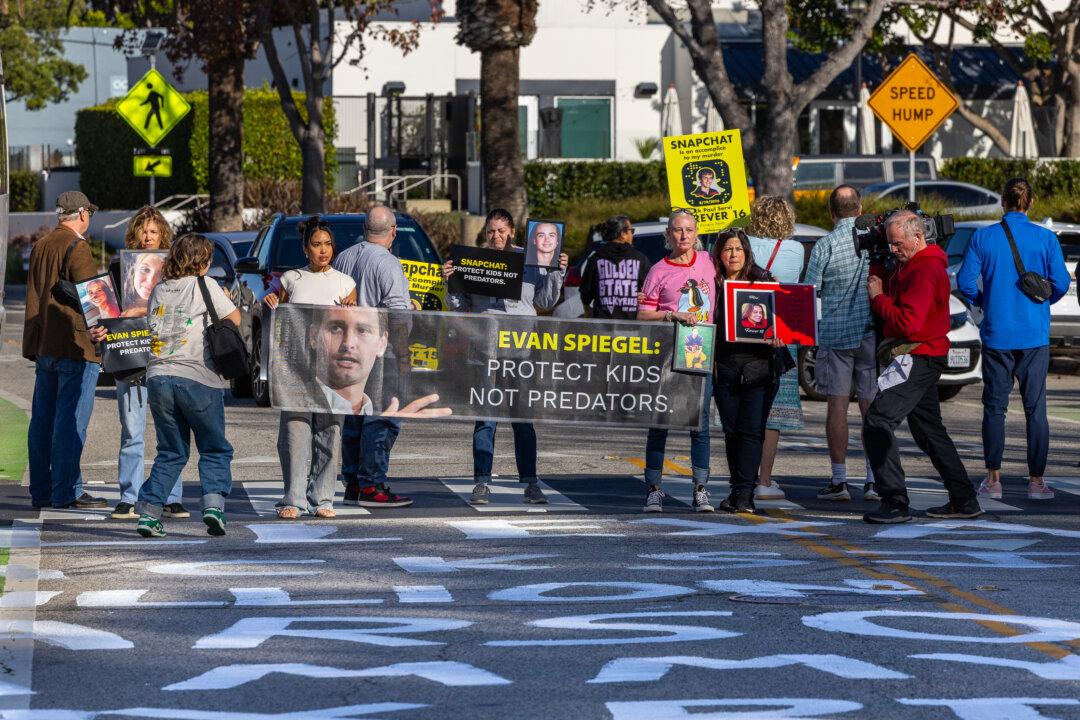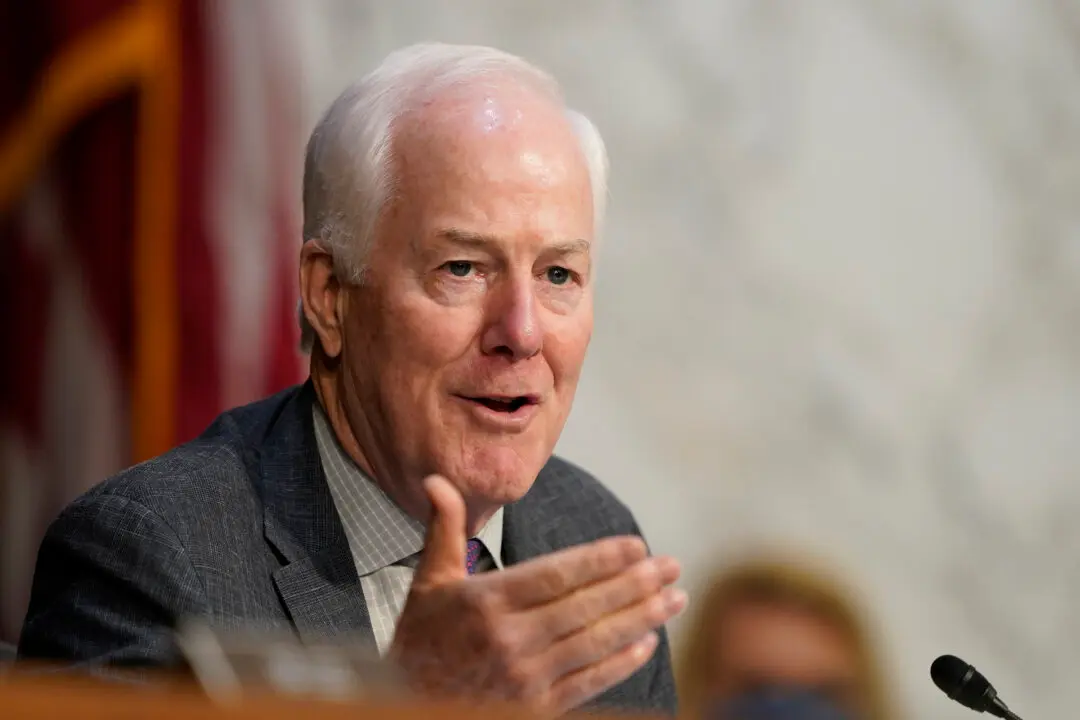After federal officials disclosed previously blacked-out details in the Florida classified documents case against former President Donald Trump, critics struggled to find justifications for the redactions and the revelations.
Government agencies are also under fire for withholding information about President Joe Biden and his son, Hunter Biden, as House Republicans continue investigating the Bidens’ foreign business dealings and an alleged multimillion-dollar bribery scheme.





